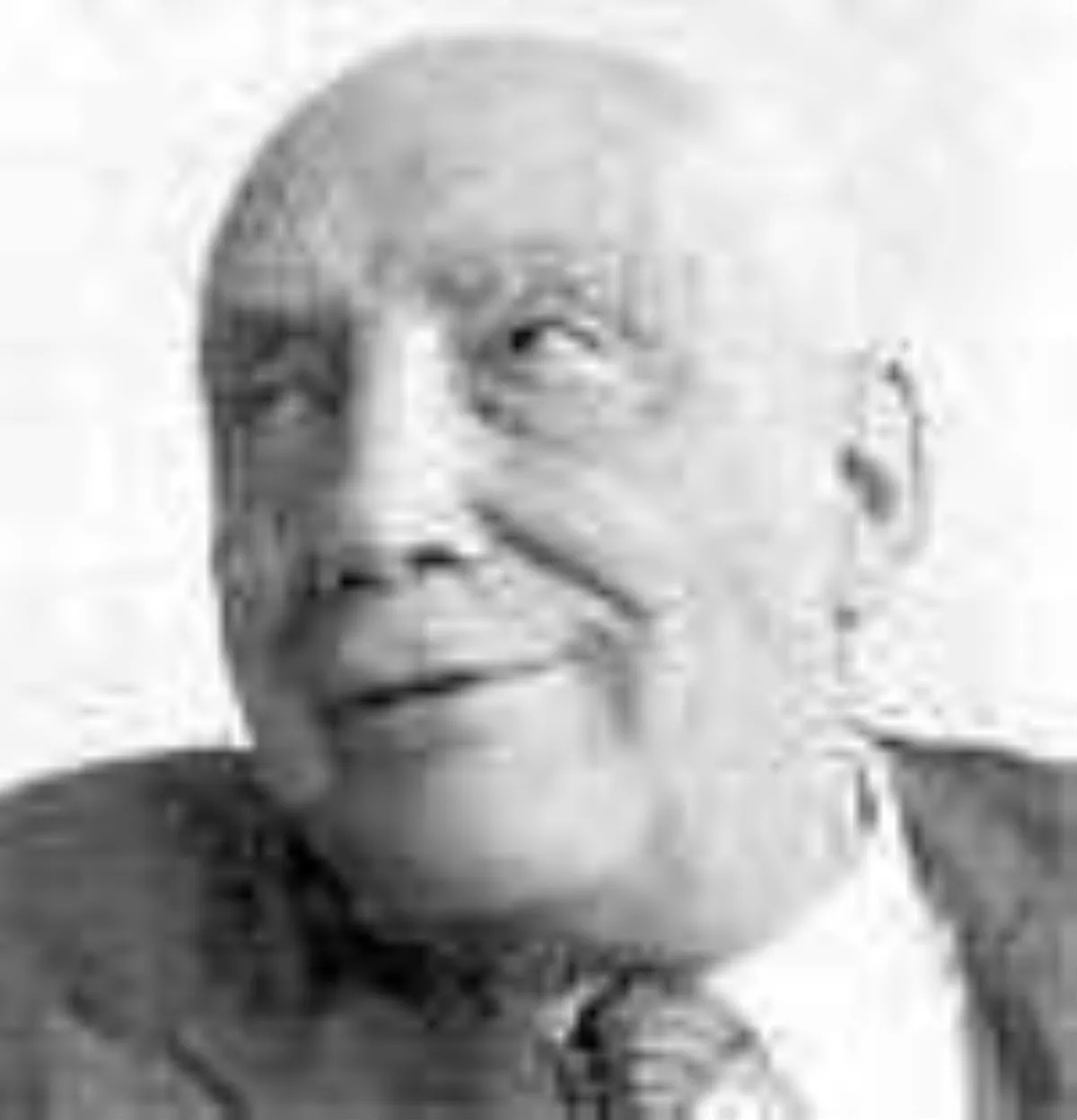 1.
1. Salama Moussa was an avowed secularist, he introduced the writings of Darwin, Nietzsche, and Freud to Egyptian readers.

 1.
1. Salama Moussa was an avowed secularist, he introduced the writings of Darwin, Nietzsche, and Freud to Egyptian readers.
Salama Moussa campaigned against traditional religions and urged the Egyptian society to embrace European thought, he espoused the theory of evolution by natural selection.
Salama Moussa was an advocate of liberalism and a supporter of the Egyptian liberal movement.
Salama Moussa joined al-Wafd party after Saad Zaghloul became the leader, he believed it to be essentially a call to independence.
Salama Moussa looked for political and economic independence of Egypt from the British occupation.
Salama Moussa popularised the idea of socialism in Egypt and advocated egalitarian socialism.
Salama Moussa was jailed in 1946 for criticizing the monarchy.
Salama Moussa emphasized the unity of the Egyptians, he praised Ahmed Lutfi el-Sayed for "paving the way for the revolution of 1919 by uniting the Egyptian nation on a national stance".
Salama Moussa was born in 1887 into a Coptic family in a village called Kafr al-Afi near Zagazig, Egypt.
Salama Moussa's family is originally from a small village called el-Baiadeye, in Asyut, Upper Egypt.
Salama Moussa's father died when Salama Moussa was still a young child, leaving the family an inheritance that allowed them to live comfortably.
Salama Moussa attended a Muslim kuttab, a Coptic school, and a government school, then in 1903 he moved to Cairo to receive a secondary education.
The Khedivial secondary school where Moussa attended, from 1903 to 1907, was run like a military camp with harsh punishment for misbehavior dished out by the British instructors.
In 1907, Salama Moussa traveled to France to continue his education and he was exposed to a modern, secularized Europe rampant with socialist ideologies.
Salama Moussa observed the empowerment and social freedoms that French women enjoyed.
Salama Moussa studied Egyptian civilization upon his return to Egypt in 1908.
In England, socialism was on the rise as well as ideas of Social Darwinism, and Salama Moussa had a lot of interactions with members of the Fabian Society and became a member in July 1909.
Salama Moussa embraced Fabian ideas of getting rid of the landed classes and empowering the peasant, and he wanted to realize them in Egypt.
In 1913, Salama Moussa returned to Egypt and started his first weekly magazine, Al-Mustaqbal, with Farah Antun and Yaqub Sarruf on topics such as evolution, national unity, and socialism.
Salama Moussa then spent the following years teaching in a village near Zagazig and observing peasant living conditions.
Salama Moussa worked as a managing editor of a magazine, Kull shay, which was published in Cairo from 1925 to 1927.
Salama Moussa contributed to Al Siyasa, newspaper of the Liberal Constitutional Party.
Salama Moussa spent a brief stint as editor for the social affairs ministry.
In 1942, Salama Moussa was jailed on charges of sabotage, which were trumped up charges for criticizing the monarchy.
Salama Moussa remained an important figure during this period and was appointed supervisor of the science section in Akhbar el-Yom, a position that he held until his death in 1958.
Salama Moussa criticized the status of Egyptian women amongst both Christian and Muslim Egyptians, and called for the improvement of their role in Egyptian life.
Salama Moussa stated that none of his sisters were educated, and they were all forced to stay home at age 10.
Salama Moussa supported workers' and peasants' rights, supported an improved working environment, and called for reforms in public education.
Seminars led by Salama Moussa discussing social issues drew large crowds of young intellectuals.
Salama Moussa was one of the Egyptian intellectuals that called for the Egyptian dialect to be taught as the official language.
Salama Moussa pleaded in his book Ha'ula'i 'allamuni for the independence of thought and indigenous creativity of the contemporary Egyptians.
Salama Moussa looked for political and economic independence of Egypt from the British occupation, to this end he corresponded with Gandhi who provided him with his tools of economic struggle against the British hegemony over the Indian textile industry.
Salama Moussa made use of his contact with Gandhi in helping out the national Egyptian industrialist Tala'at Harb to set up independent outlets for the Egyptian textile industry nationwide in Egypt, an attempt that was vehemently resisted by the British colonial powers of the time.
Salama Moussa wanted Egypt to embrace European thought and to abandon religious traditions and customs.
Salama Moussa's writings are still influential in Egypt and are frequently cited.
Salama Moussa became seriously ill and died on 4 August 1958, a few months after turning 71.